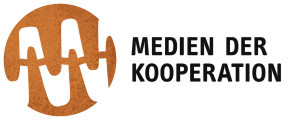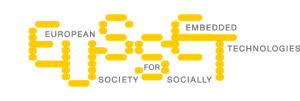(Coping with) Messiness in Ethnography
Methods, Ethics and Participation in ethnographic Field Work in the non-Western World
Workshop at the ECSCW Conference 2020, University of Siegen, Germany
June 14th 9am-5:15pm
Background
Ethnography is a deliberately „messy‟ methodology, putting its faith in the interpretative competence of the researcher when immersed in a social milieu in all its complexity. Rather than seeking the security of pre-conceived analytic categories, ethnographers typically steer a far more inductive course by cultivating an openness to the multiple and overlapping phenomenological worlds of their subjects. (Nimmo 2011, p. 113)
Approaches of ethnography have started to be integrated into HCI and CSCW research more than 30 years ago (Falzon 2016). In terms of methods, it involves the situational combination of field techniques (notes, audio/video recordings, interviews, study of local literature, observation and the like) based on the ideal of participant observation (“It seeks to present a portrait of life as seen and understood by those who live and work within the domain concerned” (Randall and Rouncefield 2005, p. 2) ), which is also based on trust and the interaction between researchers and those researched. Basically, ethnography expects the researcher to stay in a field for a relatively long term to gain ‘thick’ and rich data and field descriptions (involving social relations, experiences, networks, practices, etc.).
Over the last years, the workshop authors conducted field work in different areas of the world such as Morocco, Botswana, Palestine, Iran and others. Here, they planned their activities in advance and prepared themselves and the necessary requirements (e.g. for workshops, Ethical approval by the Institutional Review Board (IRB)) for the needs of the target group. But on the ground, the planned activities couldn’t go by the books and had to be adapted to the changing situations.
Being in the field and finding the right methods in order to gain thick data can be rather challenging. The corps of potential methods is massive and conducting fieldwork requires ad hoc modulation, depending on the in-situ circumstances. In the same breath however, conducting scientific data requires liability, correctness and some kind of verifiable factors that verify our doing and our interpretation.
References
Falzon M-A (2016) Multi-sited ethnography: Theory, praxis and locality in contemporary research. Routledge
Nimmo R (2011) Actor-Network Theory and Methodology: Social Research in a More-Than-Human World. Methodological Innovations Online 6:108–119. https://doi.org/10.4256/mio.2011.010
Randall D, Rouncefield M (2005) Ethnography. The Interaction Design Foundation, Hershey, PA
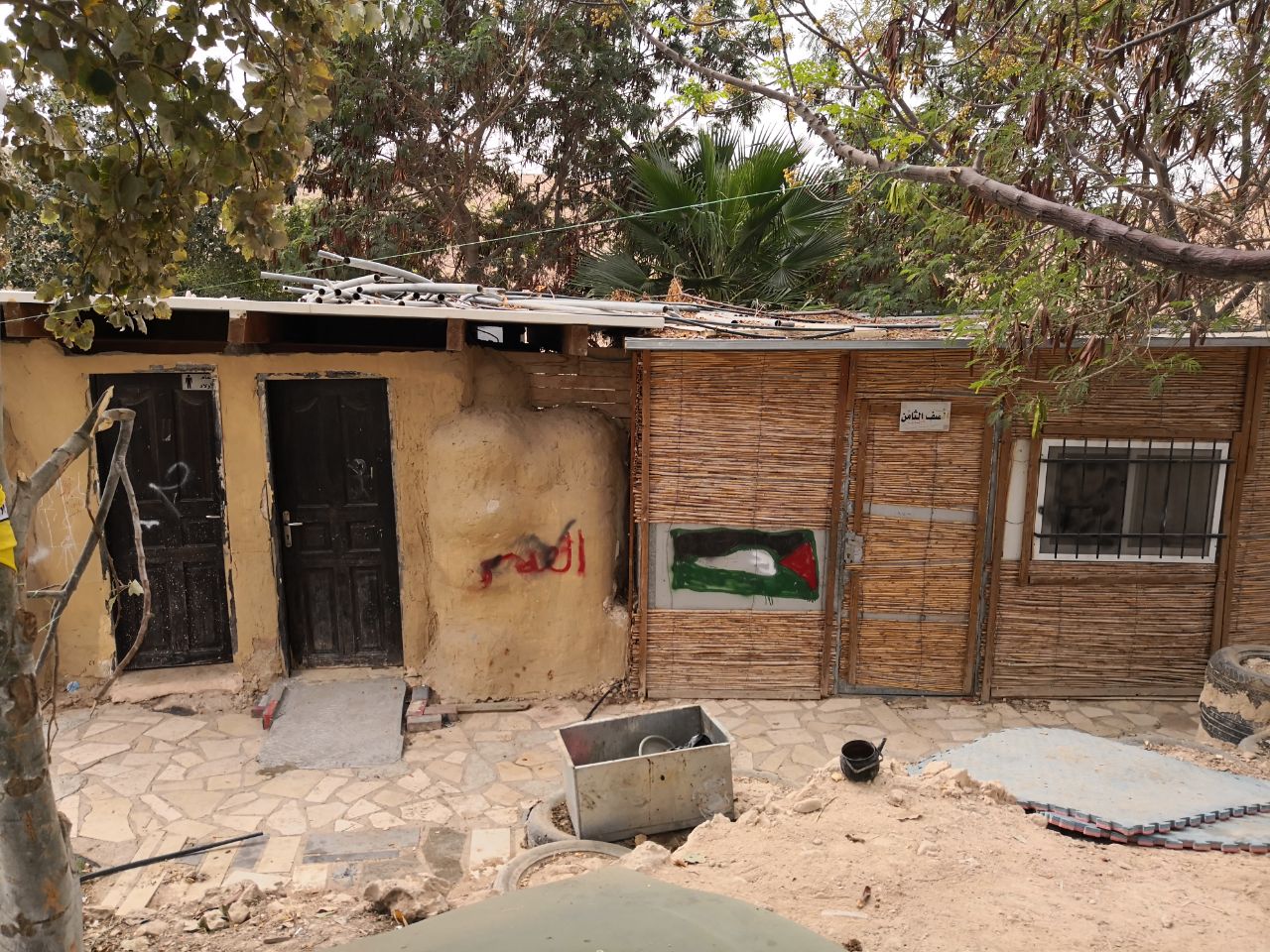
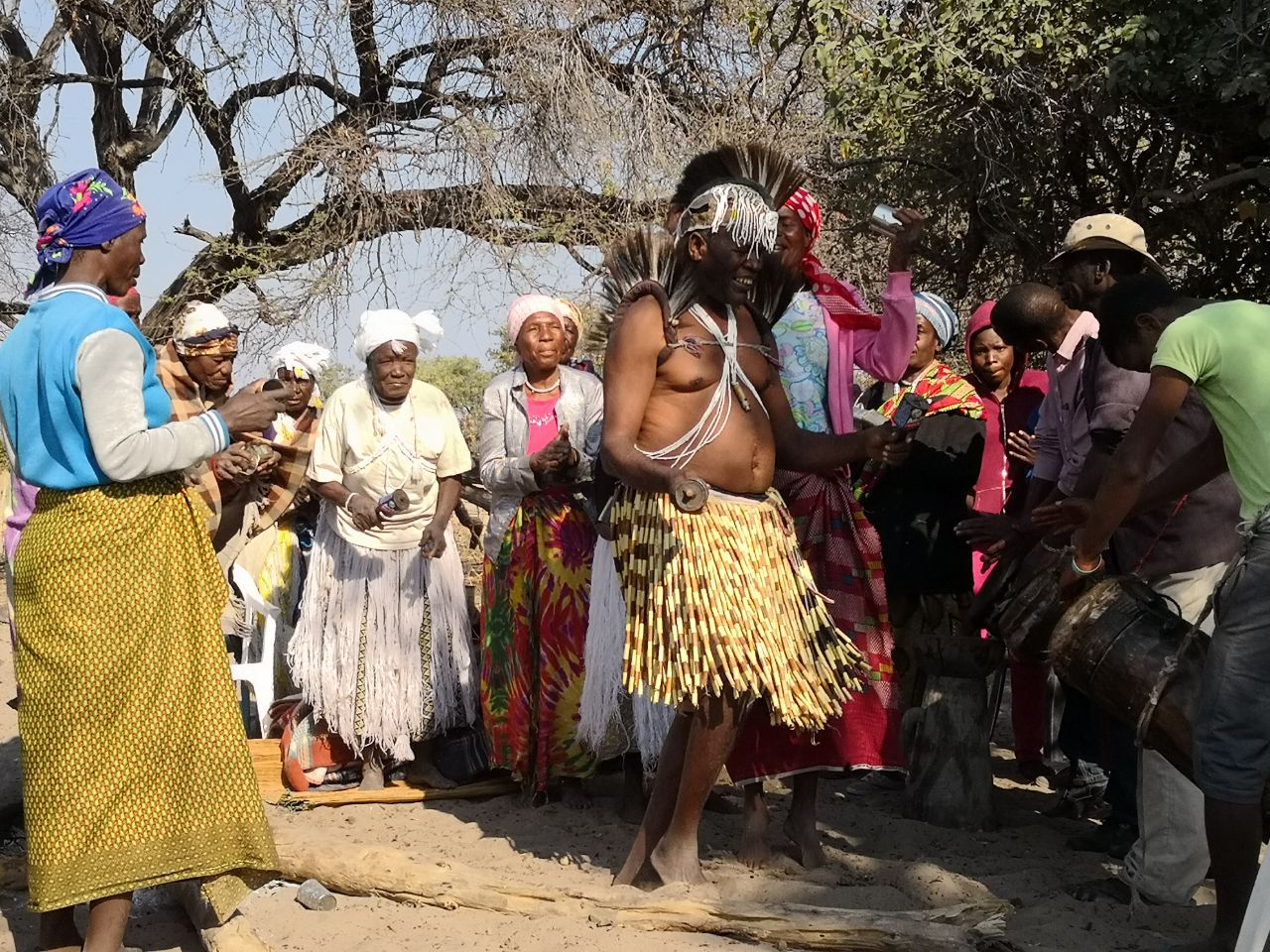
Call for Papers
This one-day workshop aims to provide a forum for researchers as well as practitioners and activists to discuss challenges in conducting ethnographic fieldwork by the book(s) and to start working on guidelines that are more practical and viable to adapt in non-Western contexts. The topics include but are not limited to research and design ethics and genuine participation of ‘users’ as partners in conducting research, designing and implementing interventions (be it social, cultural or technical). This will be used to inform new guidelines and approaches to ethnographic fieldwork that could prove more beneficial in politically charged, infrastructural challenged and underfunded regions.
We invite anyone interested in participating to submit a two to four-page position paper. Papers should critically reflect upon the authors’ experiences from the field or research area related to challenges they face when conducting ethnographic field work. Authors’ prior experience does not have to be specifically concerned with these challenges, but the position papers will be expected to demonstrate how their experience is relevant to the workshop’s topic and can be applied within the workshops’ context.
Submissions should be sent to sarah.rueller@uni-siegen.de in .pdf format. Please use the ECSCW Exploratory Paper Template, available in RTF, MS Word and LaTeX format. Position papers will be reviewed based on relevance and potential for contribution to the workshop. Details regarding presentations of work will be provided with acceptance notifications. At least one co-author of each accepted paper must register to the ECSCW 2020 conference to attend the workshop.
Due to the current situation, we are exploring and discussing ways of remote participation, not only for presenting but also collaborative group work and discussions. Please submit your position paper, even of you can’t be physically in Siegen.
Important Dates:
-
Submission of Position Paper:
April 10th, 2020Now April 15th 2020
-
Notification of Acceptance: April 24th, 2020
- Camera Ready Papers Deadline: May 22nd, 2020
-
Workshop at ECSCW: June 14th, 2020
Workshop Structure
Together, we want to rethink existing approaches and start working on guidelines, that better serves the needs of such specific circumstances. As approaches, experiences and challenges differ, we aim to find a common ground, based on the shared experiences from the field. In addition to guidelines we aim to formulate during the workshop, we want to give participants the opportunity to connect and collaboratively work further on the discussed topics.
| 09:00-09:15 | Welcome |
| 09:15-10:00 | Icebreaker and short presentation of participants |
| 10:00-10:30 | Coffee break |
| 10:30-12:00 | Panel and Short Presentations of selected Submissions |
| 12:00-13:30 | Lunch |
| 13:30-15:00 | Discussing issues of methodological approaches, ethics and participation in small groups and formulating practical guidelines in small groups |
| 15:00-15:30 | Coffee break |
| 15:30-17:00 | Presentation and discussion of the formulated approaches/guidelines |
| 17:00-17:15 | Closing of the day and future plans |
Organization
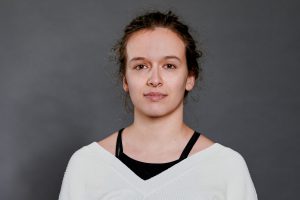
Sarah Rüller (main contact) is a PhD student and research associate at the Institute for Information Systems and New Media and the Collaborative Research Center 1187 – Media of Cooperation, University of Siegen. Her current research focuses on Computer Clubs and computer-supported project-based learning with Imazighen (indigenous inhabitants of Morocco) in the High Atlas.
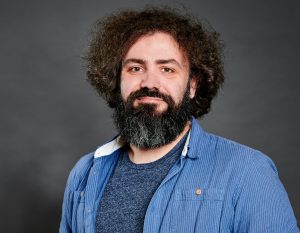
Konstantin Aal is a PhD student and a research associate at the Institute for Information Systems and New Media and the Collaborative Research Center 1187 – Media of Cooperation, University of Siegen. He is part of come_IN, a research project which founded several computer clubs for children and their relatives including refugees. His current research focuses on technology appropriation by local communities in the Global South.
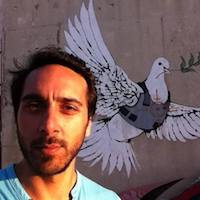
Marios Mouratidis is a PhD student and a research associate at the chair of Computers-supported Cooperative Work and Social Media, University of Siegen. His research focuses on participation, maker methodologies, digital fabrication and innovation in Germany and Palestine.

Nina Boulus-Rødje is an Associate Professor in the Sustainable Digitalization Research Group at Roskilde University (Denmark). Throughout her career, she has carried out qualitative research, studying digitalization processes across various organizations and sectors. In the past seven years, she has carried out research in Palestine, focusing on the tech-entrepreneurial scene. With a strong interest in studying technologies and work practice, she is equally interested in methodologies used for studying these.
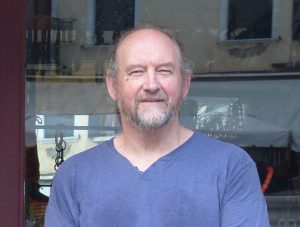
Dave Randall is a senior professor at the Institute for Information Systems and New Media at the University of Siegen. His research interests center on the use of ethnographic methods in technology-related fields, mainly for design and evaluation purposes. He has published extensively in this area. A specific interest lies in understanding the uses of new technology by less-well understood groups and communities and he has supported the work of researchers in areas like Colombia, Brazil, Bosnia-Herzegovina, Palestine and North Africa. He is the author of seven books and over 100 peer reviewed papers.
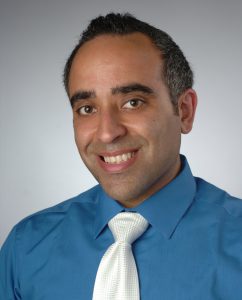
Bryan Semaan is an Assistant Professor in the School of Information Studies at Syracuse University, where he is a founding member of the Behavior, Information, Technology, and Society (BITS) Laboratory. The overarching goal of his research is to examine the role of Information and Communication Technologies (ICTs) in enabling resilience amongst people immersed in challenging contexts (e.g. LGBTQ-identifying individuals “coming out”, veterans seeking mental health care, and people forming a political identity).
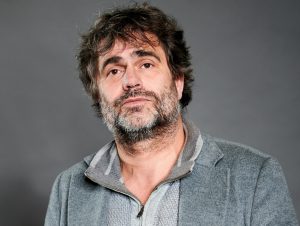
Volker Wulf is a computer scientist with an interest in the area of IT system design in real-world contexts, this includes the development of innovative applications from the areas of cooperation systems, knowledge management and community support. One special focus lies on flexible software architecture which can be adapted by end-users. Further research focuses on methods of user-oriented software development and introduction processes. He is the head of the Institute for Information Systems and New Media at the University of Siegen.
